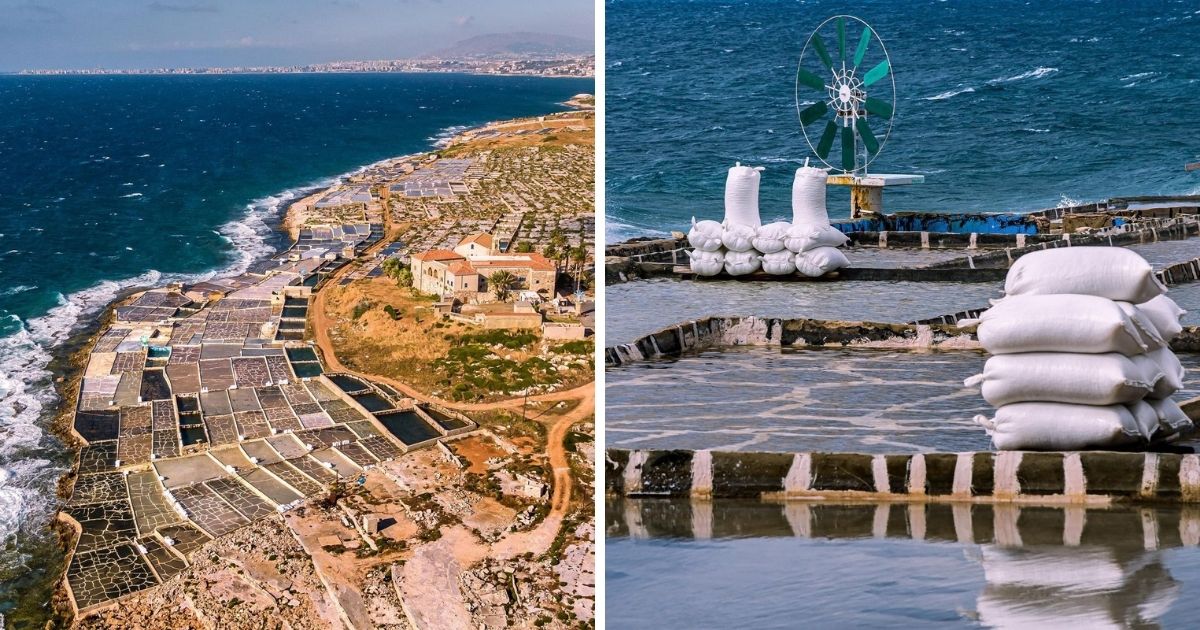On the coast of the ancient port town Anfeh, or Ampi, as it was called, is the location of one the oldest salt production sites in the world.
South of Tripoli, the little nose-shaped village possesses an ancient salt heritage that survives until this day.
Some people believe the site to be the earliest salt mine in human history, citing Cuneiform tablets dating from 1,400 BC which praise the fine quality of the salt of Anfeh.
Today, Anfeh’s salt ponds, or salinas, are still used to naturally harvest sea salt.
Mere 40 years ago, the salt mines of Anfeh once supplied most of Lebanon’s salt. The practice had secured jobs for many locals back then.
According to Dr. Emile Najem, head of the Anfeh Festivals Associations, extracting salt was the source of living for Anfeh locals.
In the 90s, the industry was hit after Lebanon lifted the taxes on imported salt, reducing the quantity of production in Anfeh.
However, some locals keep up the family legacy by continuing to work on mining for “white gold” as it is called.
The salt marshes add a unique touch to the town’s landscape honoring the significance of salt production in the region.
If passing through Anfeh, take note of the traditional wind wheels that were set up to safeguard and preserve the region’s salt extraction heritage.
Related: Anfeh In 20+ Stunning Photos
